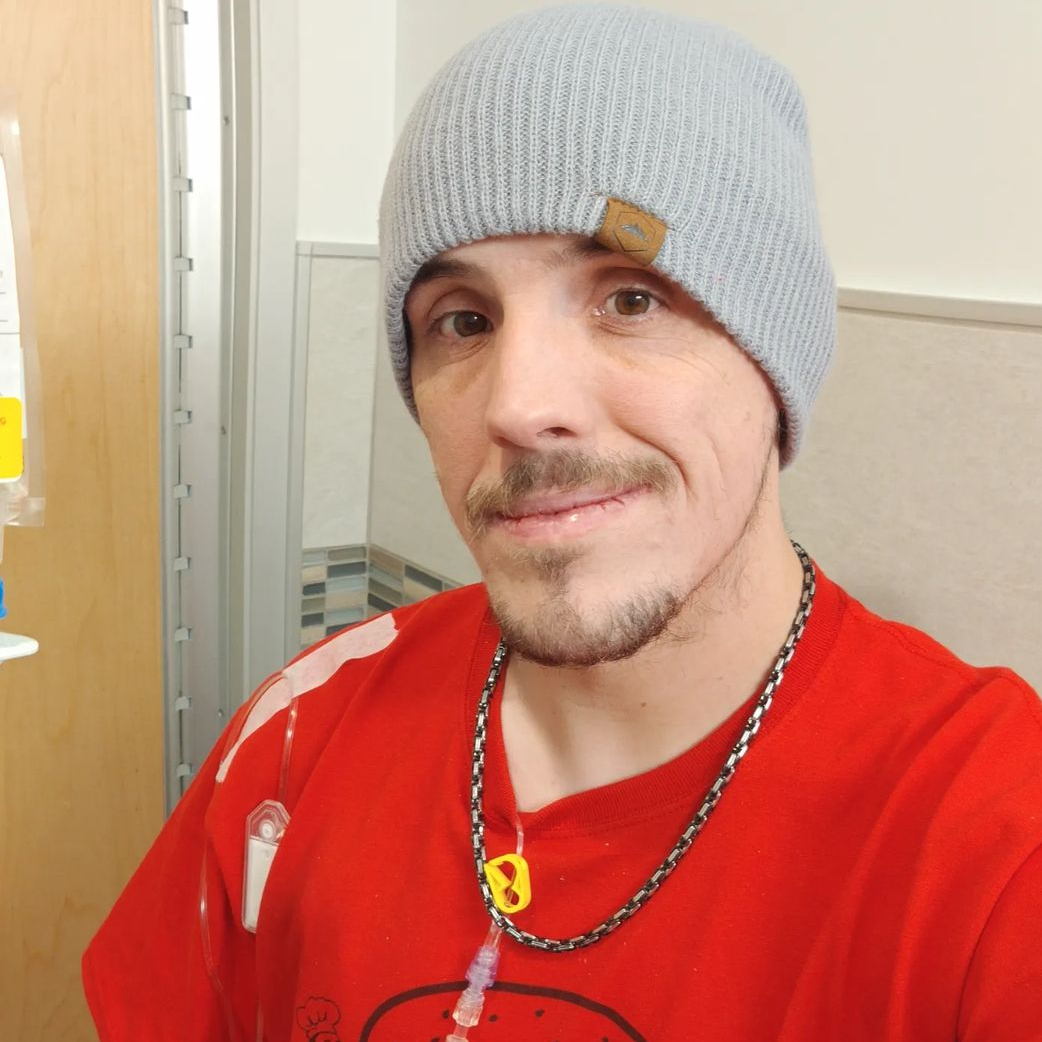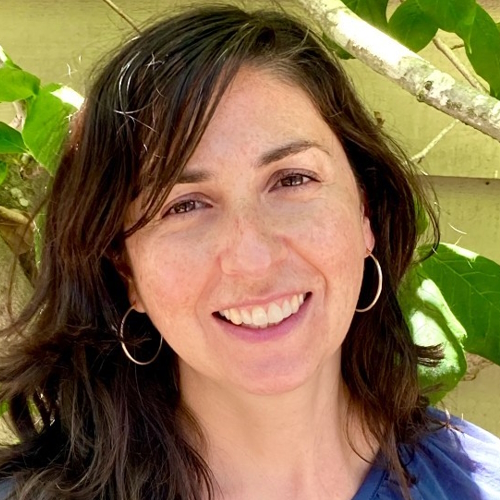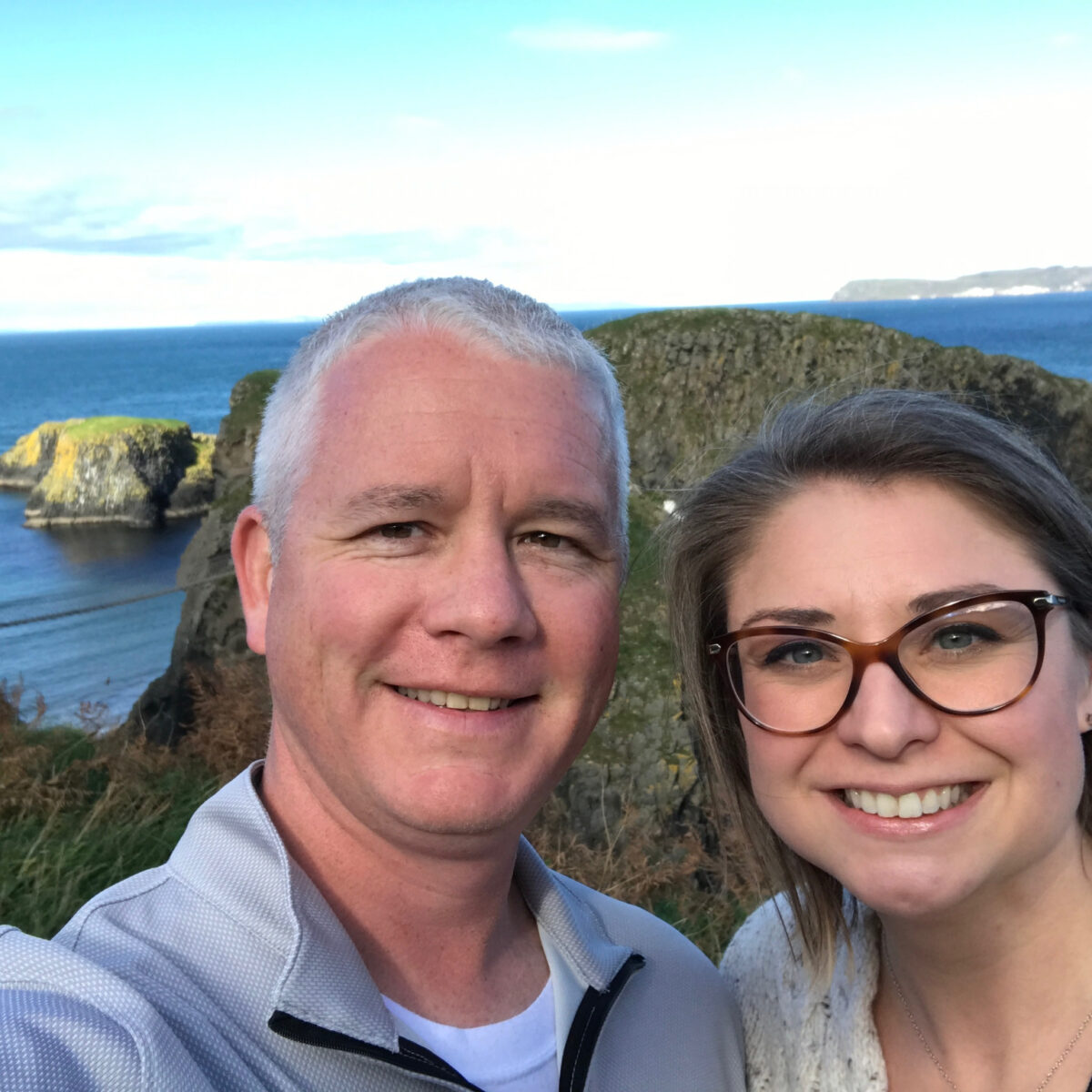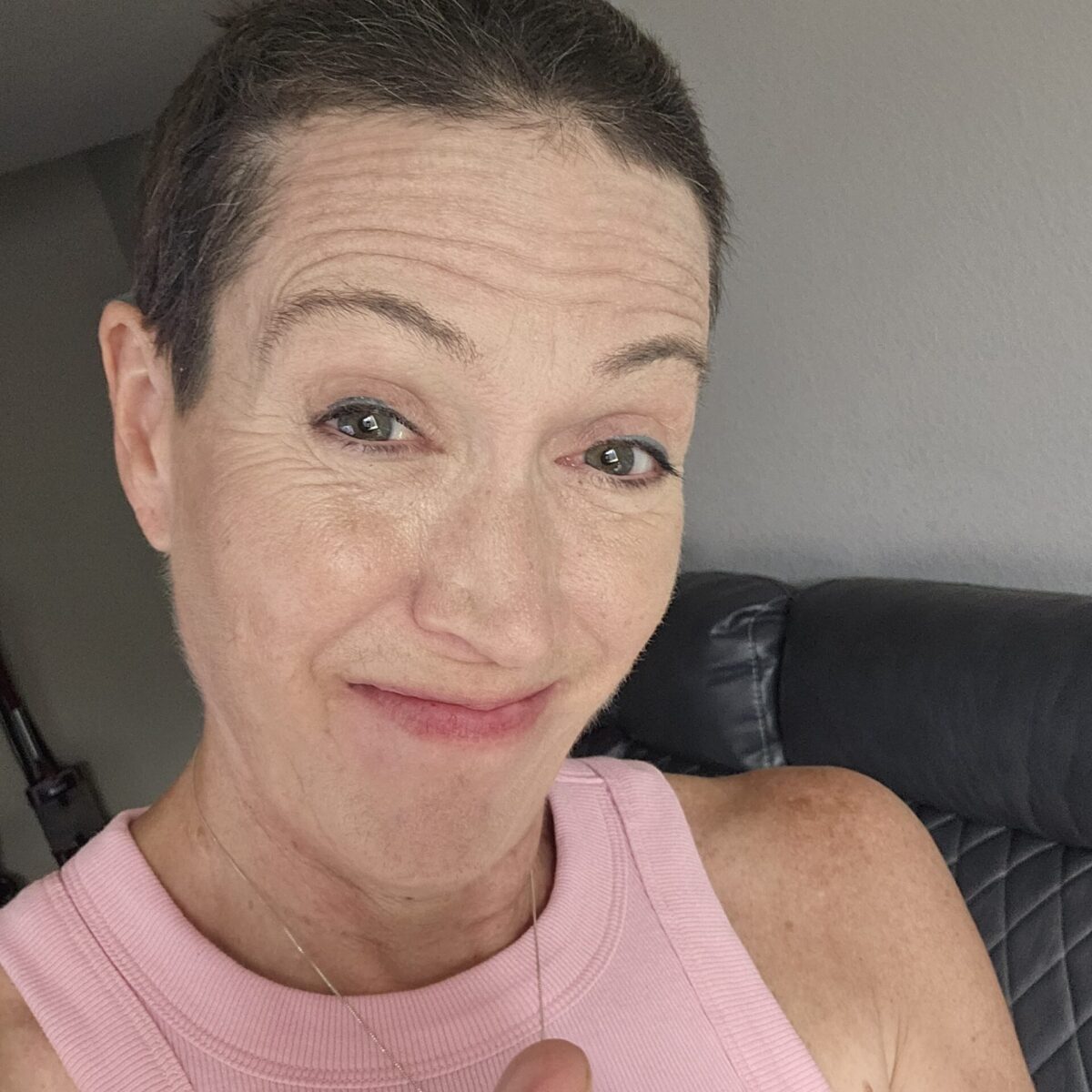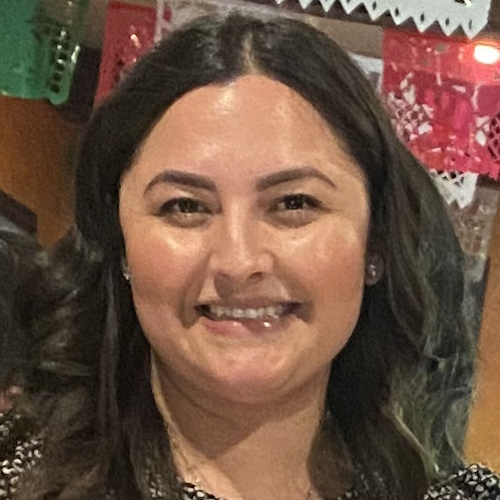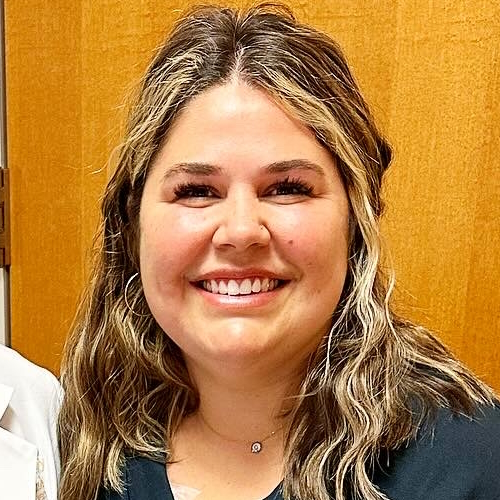Colorectal Cancer 101 Overview: Stages, Screening, and Treatment

Welcome to our guide on colorectal cancer, a disease that affects the colon or rectum. In this colorectal cancer overview article, we touch on crucial aspects such as screening, stages, treatment options, and patient stories. Through these stories, you’ll discover valuable insights from the very people who have been there.
We understand that facing this condition can be overwhelming, but remember that there are resources, guidance, and a community ready to stand beside you. Together, we can bring hope to your journey.
What is colorectal cancer?
Colorectal cancer is a type of cancer that develops in the colon or rectum, which are parts of the digestive system. It typically starts as polyps, which are abnormal growths in the lining of the colon or rectum and can progress to cancer over time. Early detection and timely treatment are essential for improving survival rates and outcomes.
Colorectal Cancer Symptoms
Learn about the early indicators of colorectal cancer from those who experienced them firsthand. Their stories explain the nuances of symptoms that may not always be immediately recognizable.
Common symptoms include:
- Change in your bowel habits like diarrhea and constipation
- Change in stool consistency, narrower than usual
- Blood in/on your stool (bright red or very dark)
- Stomach pain, discomfort, aches, bloating, fullness, or persistent cramps
- Weight loss (unexplained)
- Fatigue, feeling very tired
- Vomiting
- No symptoms at all (making screening critical)
Learn more about symptoms from our members.

“You hear a lot of people with colorectal cancer say they had blood in their stool. I think I’ve only had it at one point and it’s because I ended up having an emergency stent placed shortly after diagnosis because of the situation at hand. Even then, it was a couple of times.
They say the number one symptom of colorectal cancer is no symptoms at all.”
Jason R. | Explore his Colorectal Cancer Story
Colorectal Cancer Screening
Regular screenings for colorectal cancer are crucial for early detection. The most common screening method is a colonoscopy, which allows doctors to examine the entire colon and rectum for polyps or signs of cancer.
Other screening options include stool tests, such as the fecal immunochemical test (FIT) or high-sensitivity guaiac-based fecal occult blood test (gFOBT), which detect blood in the stool that may be a sign of colorectal cancer. It’s important to follow the recommended screening guidelines provided by healthcare professionals to ensure early detection and intervention.
Stages of Colorectal Cancer
Colorectal cancer is classified into different stages based on the extent of the disease according to the American Cancer Society. Staging helps your healthcare professionals determine the appropriate treatment approach and provides insights into the prognosis.
The stages range from 0 to IV, with higher numbers indicating more advanced cancer. Each stage represents the extent of cancer growth and potential spread to nearby or distant organs. Understanding the stage is crucial for developing a personalized treatment plan.

Take our Colorectal Cancer Survey and get 10 Tips from Our Community on symptoms, diagnosis, treatments, and support.
Colorectal Cancer Treatment
The treatment options for colorectal cancer depend on various factors, including the stage, location of the tumor, and individual patient characteristics. Treatment may involve surgery to remove the cancerous tumor and nearby lymph nodes. In some cases, radiation therapy, which uses high-energy X-rays to kill cancer cells, may be recommended.
Chemotherapy, either alone or in combination with other treatments, may be used to destroy cancer cells that have spread beyond the primary site. Targeted therapies and immunotherapy are also emerging as potential treatment options for certain patients. The choice of treatment is personalized and determined through thorough discussions between you and your healthcare team.
Finding Support
Colorectal cancer affects individuals and families in profound ways. Hearing from other colorectal cancer patients who have experienced similar journeys can provide inspiration, guidance, and a sense of community. Many organizations and support groups share patient stories that offer valuable insights and support to those navigating their own experiences with colorectal cancer.
It’s important to remember that each person’s experience with colorectal cancer is unique. If you or a loved one is facing this disease, consulting with healthcare professionals is essential to determine the most appropriate treatment plan based on individual circumstances.
Colorectal Cancer Patient Stories
Shannon M., Colon Cancer, Stage 1
Cancer Details: Found the cancer as a result of her Lynch Syndrome
1st Symptoms: Routine colonoscopy found polyp
Treatment: Partial colectomy
Hugo T., Colon Cancer, Stage 1
Cancer Details: Diagnosed 2 weeks after 5 years remission from testicular cancer
1st Symptoms: Inflamed bowel
Treatment: Subtotal colectomy, immunotherapy
Rachel B., Sigmoid Colon Cancer, Stage 1
Cancer Details: The sigmoid colon (or pelvic colon) is the part of the large intestine that is closest to the rectum
1st Symptoms: Stomach discomfort, nausea, bloating, blood in stool
Treatment: Colectomy
Chris T., Colon Cancer, Stage 2
Cancer Details: Discovered Lynch Syndrome after genetic testing
1st Symptoms: Found the cancer as a result of family history, early colonoscopy
Treatment: Partial colectomy
Shannon C., Colon Cancer, Stage 2A
Cancer Details: Diagnosed at 29, tested positive for Lynch Syndrome
1st Symptoms: Severe pains after eating
Treatment: Partial colectomy
Barbara M., Colon Cancer, Stage 3
Cancer Details: Family history wasn’t flagged, should have had colonoscopy earlier
1st Symptoms: Stomach discomfort, difficult to process food
Treatment: Colectomy, Chemo (FOLFOX, CAPOX)
Shelley B., Colon Cancer, Stage 3B
Cancer Details: Had no usual first symptoms, found as a result of routine colonoscopy and endoscopy
1st Symptoms: None
Treatment:Partial colectomy, chemotherapy (FOLFOX)
Lindsay D., Colon Cancer, Stage 4
Cancer Details: Diagnosed at 32, cancer spread to ovary and lung
1st Symptoms: Lump in pelvic area, funny-smelling food, weight loss
Treatment: Chemotherapy, colectomy (surgery)
Lee J., Colon Cancer, Stage 4, Recurrence
Cancer Details: Recurrence then remission
1st Symptoms: Discovered stage 4 cancer from unrelated CT scan
Treatment: Neoadjuvant chemo (FOLFOX), hemicolectomy (partial colon surgery), adjuvant chemo (FOLFOX), chemo post-recurrence (FOLFIRI), liver surgery
JJ S., Colorectal Cancer, Stage 4
Age at Diagnosis: 27l
1st Symptoms: Abdominal pain, blood in stool
Treatment: Surgery to remove tumor, chemotherapy, clinical trial of Keytruda (pembrolizumab)
Haley P., Colon Cancer, Stage 3C
Symptoms: Constipation, fatigue, shortness of breath
Treatment: Surgery, chemotherapy
Amanda G., Colon Cancer, Stage 2A
Symptoms: Gurgly stomach, blood in stool, chronic constipation
Treatment: Surgery (hemicolectomy), chemotherapy (CAPOX), Zarxio
Symptoms: Fatigue, anemia, irregular bowel movements, loss of appetite, heavy periods Treatment: Laparoscopy, chemotherapy, partial hysterectomy
Dania M., Colon Cancer, Stage 4, with Liver and Peritoneal Carcinomatosis
Symptoms: Constipation, diarrhea, terrible bloating, swollen belly, as if pregnant
Treatment: Surgery, immunotherapy (KEYTRUDA)
Stephanie K., Colon Cancer, Stage 3
Symptoms: Very bad cramps, bloating, indigestion, burping
Treatment: Surgery, chemotherapy (CAPOX)
Jason A., Colon Cancer, Stage 3B
Symptoms: Abdominal pressure, fatigue, small amounts of blood in stool
Treatment: Surgery (colon resection), chemotherapy (FOLFOX: folinic acid, fluorouracil, and oxaliplatin)










